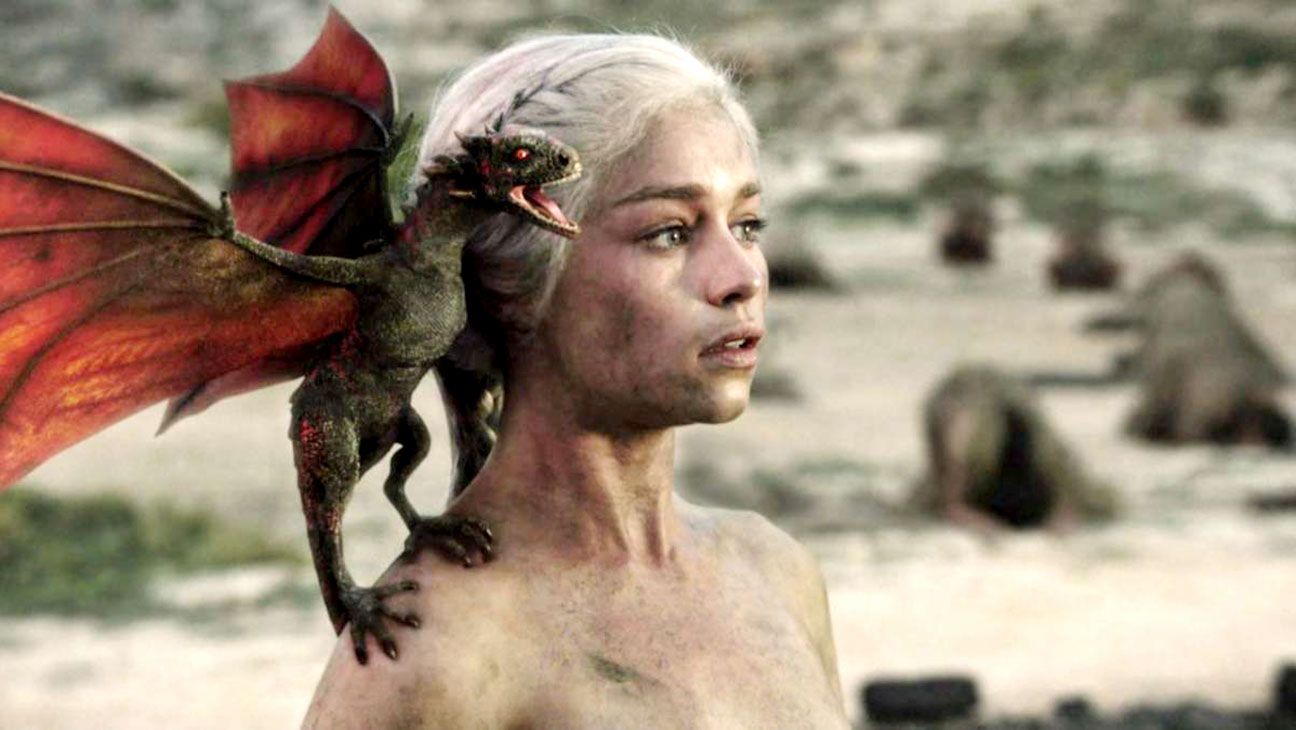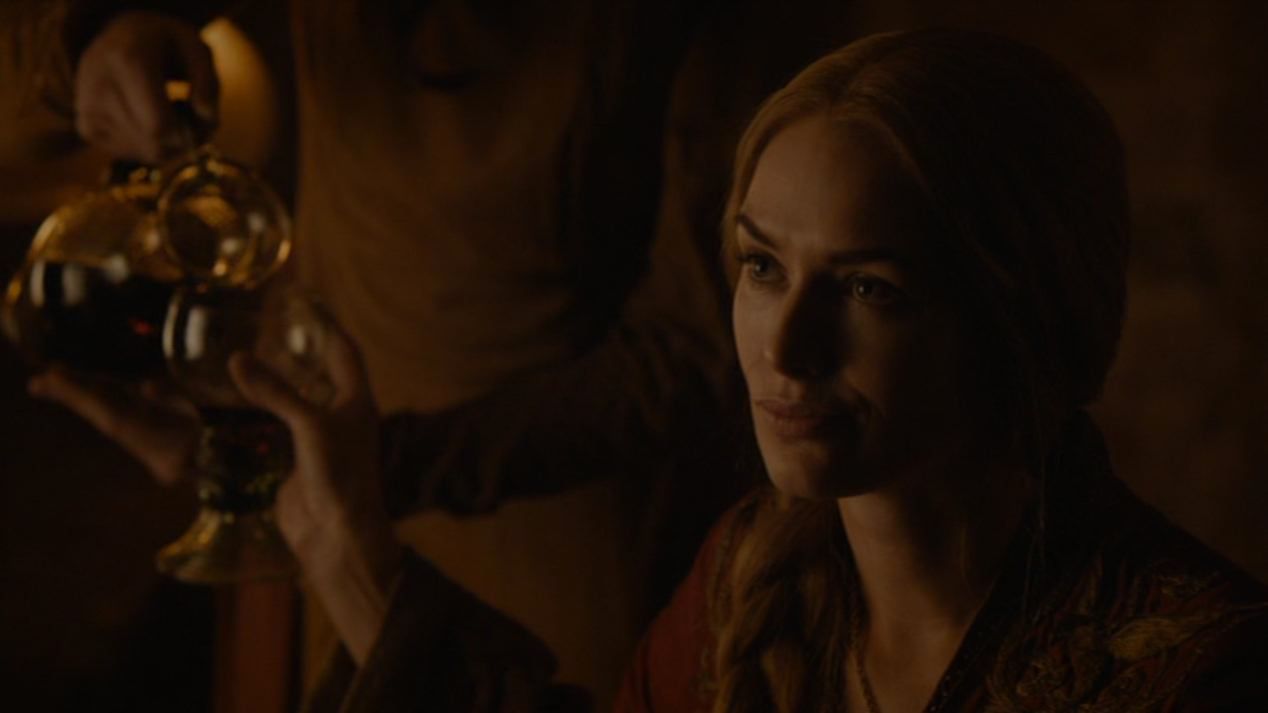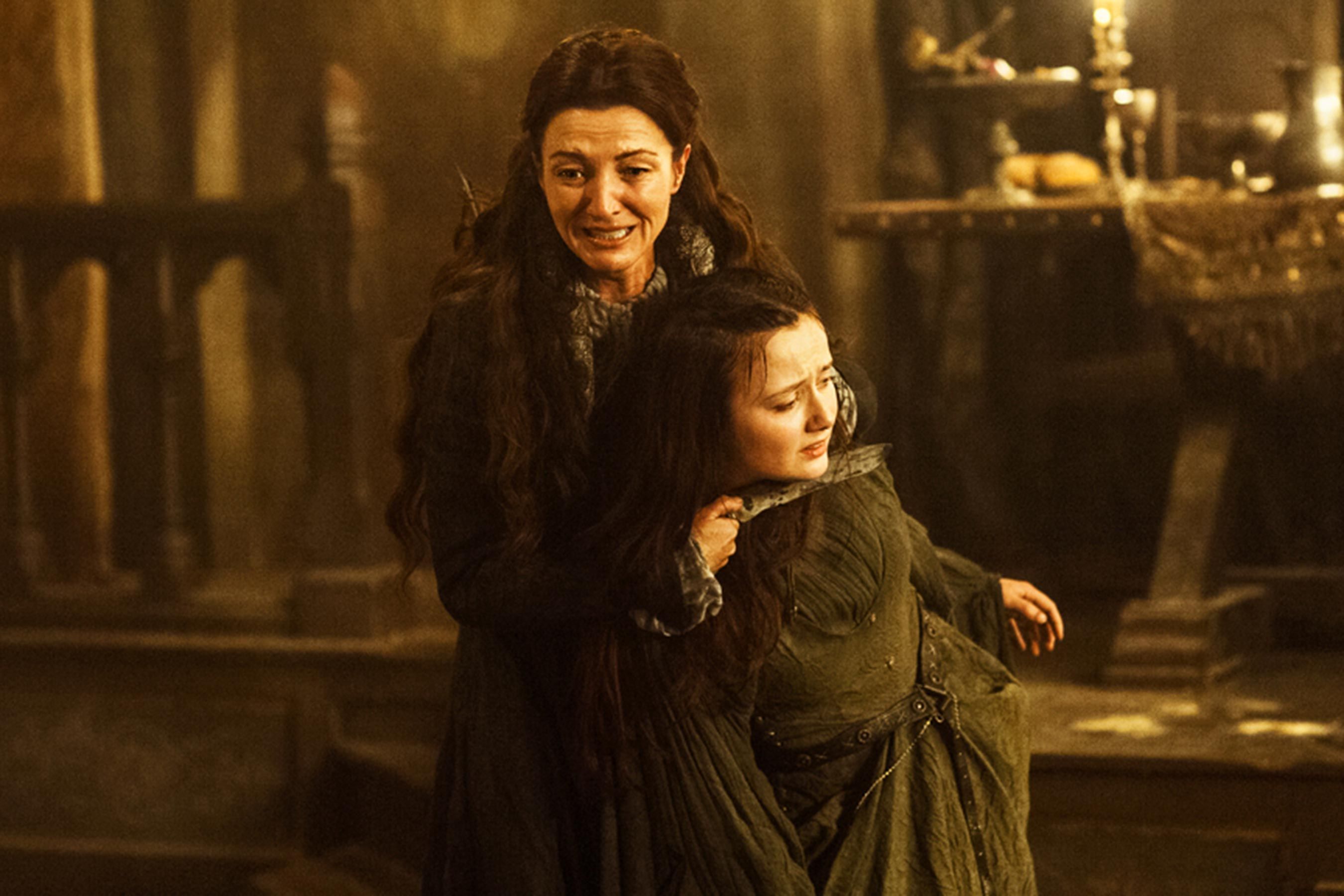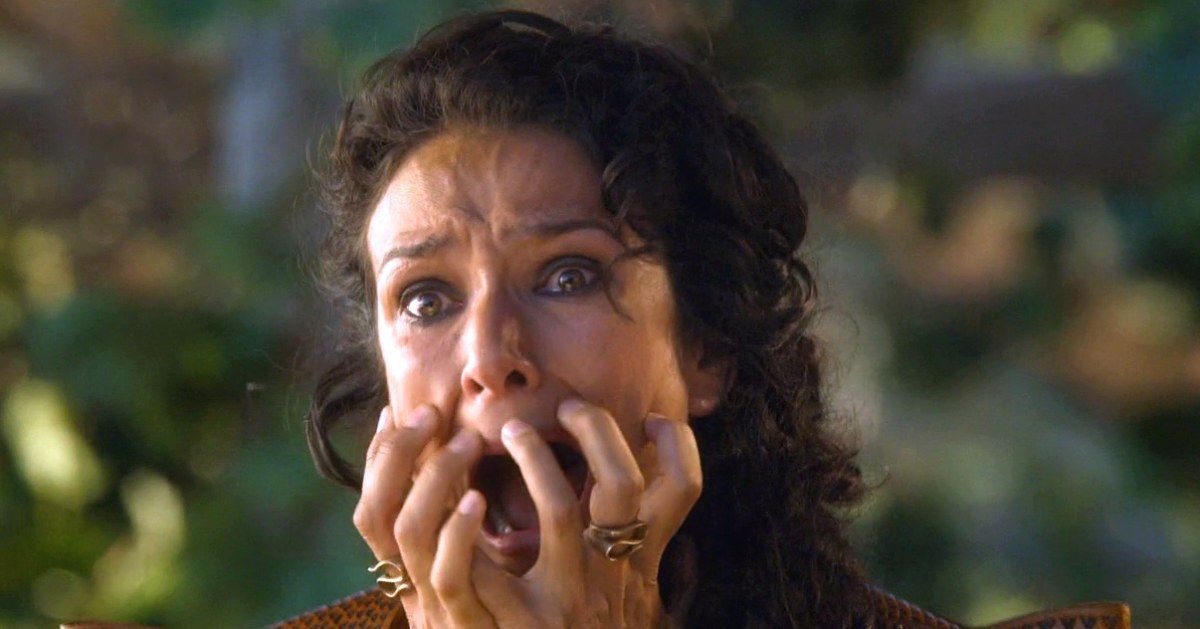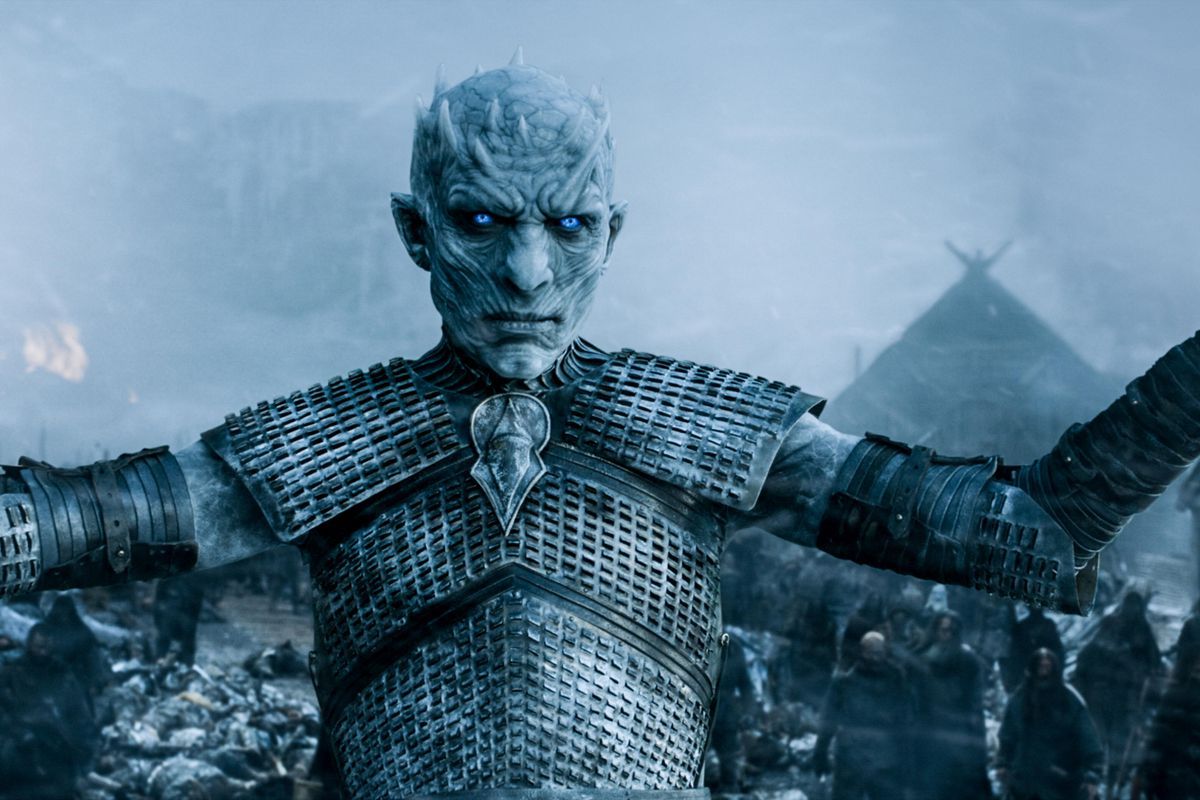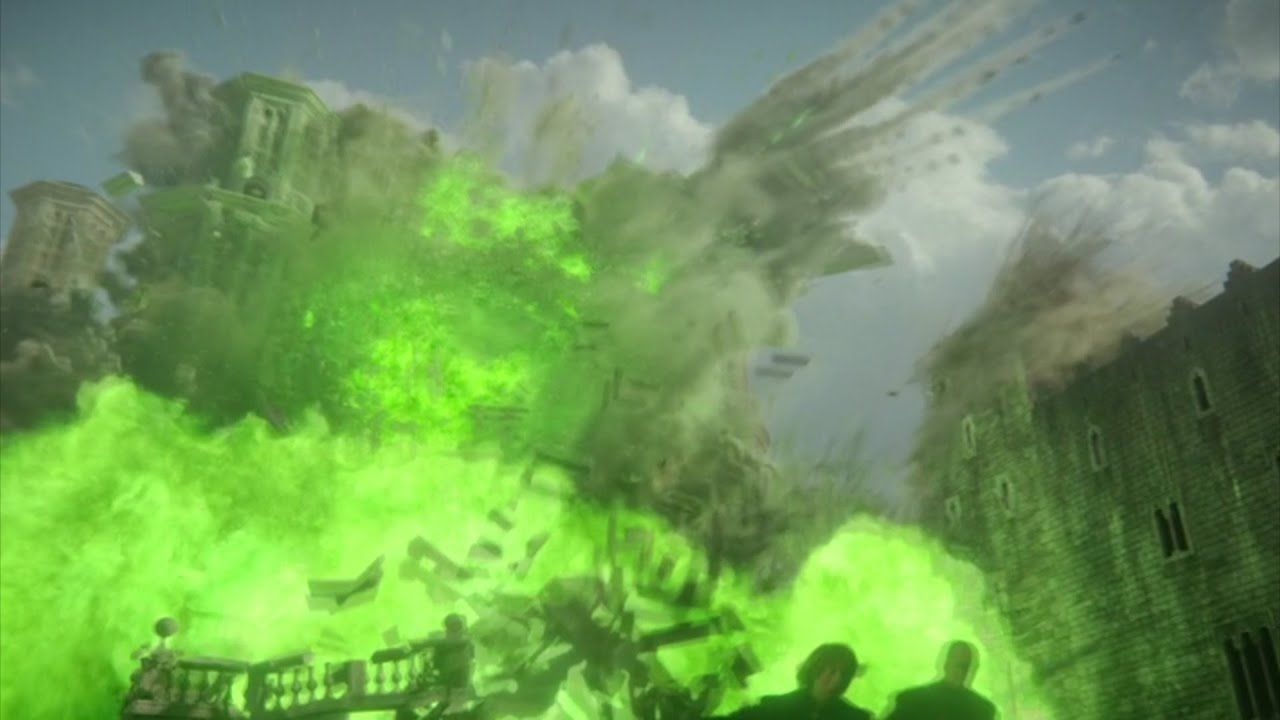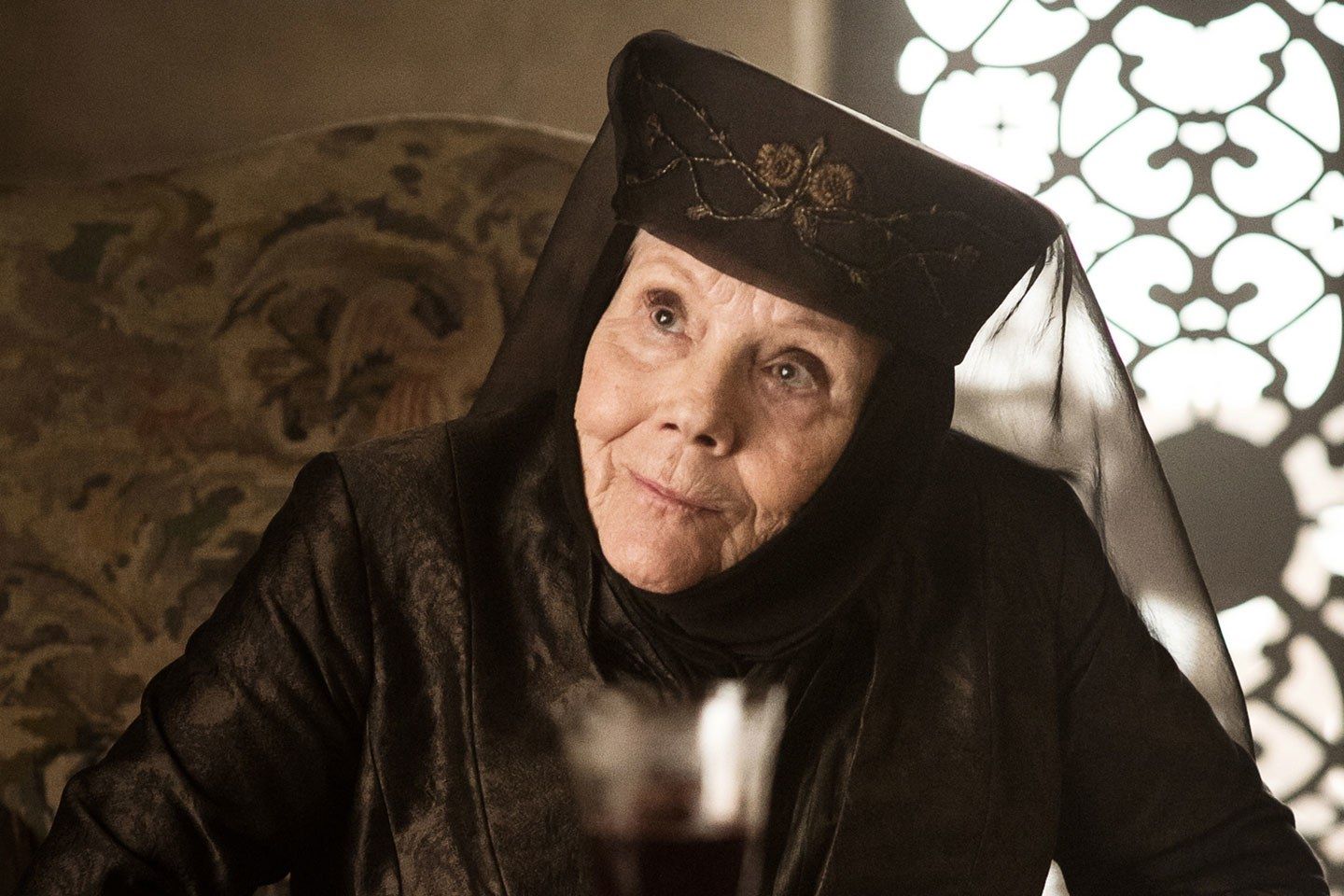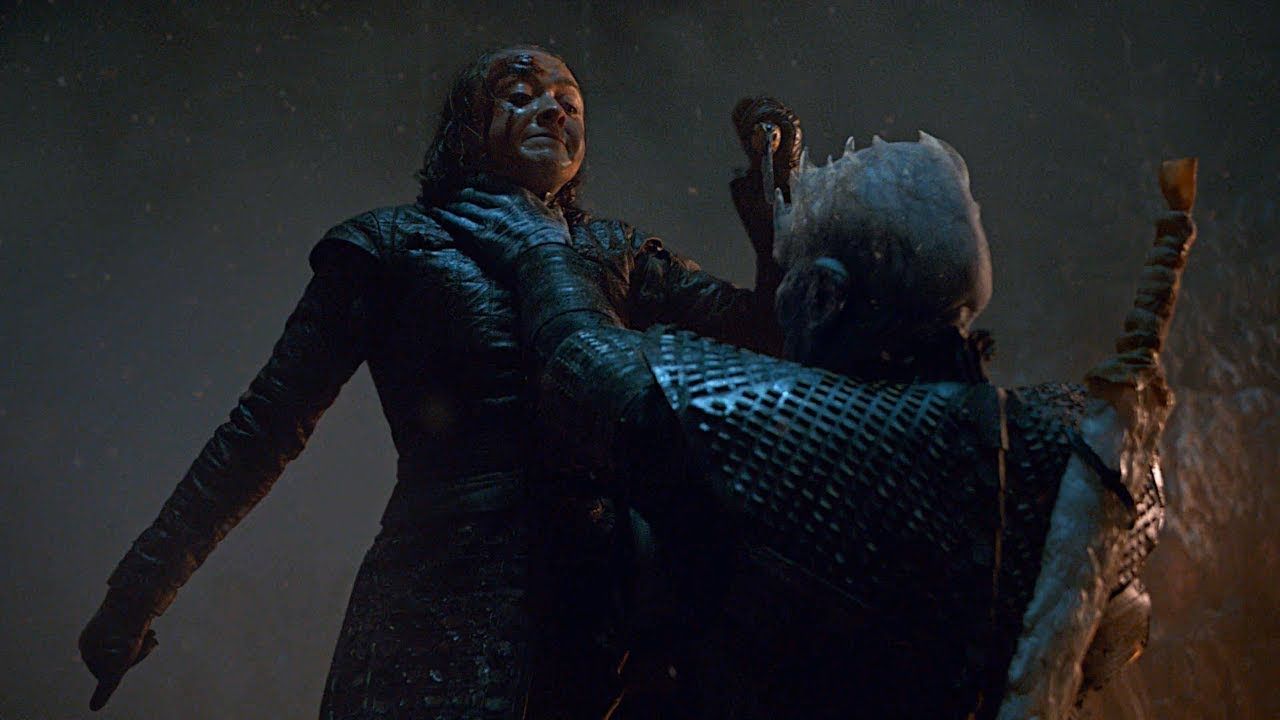Now that Game of Thrones has ended, fans are left with eleven years of memories that may or may not have been left unsullied (pun fully intended) by the divisive final season.
Though its conclusion couldn’t satisfy everyone, this game-changing television masterpiece was a once-in-a-lifetime cultural phenomenon that consistently delivered shocking, heart-swelling dramatic entertainment unmatched by just about anything else on the airwaves. Below we list the most iconic moment from each season.
Season 1: Daenerys The Unburnt
In its early days, when the success of this fantasy series success like far less of a sure thing, many viewers approached the first season with a sense of trepidation. All the names, places, various histories, and plotlines felt overwhelming, and it was easy to fall off in its first few hours. The first season’s penultimate episode and finale, however, went a long way to reward early viewer investment, proving that patience and attention paid to the series would pay off in narrative dividends.
Though the beheading of Ned Stark in S1 Ep 9, “Baelor,” is genuinely one of the most shocking moments in TV history (and made it abundantly clear that GoT was all about subverting fantasy expectations), the final moment of Ep 10, "Fire and Blood"—which featured Daenerys Targaryen (Emilia Clarke) emerging from Khal Drogo’s funeral pyre with three long-thought-extinct dragons in tow—branded itself upon the pop cultural brain and left audiences clamoring for whatever else Martin, Benioff, and Weiss had in store.
Season 2: Cersei Gets Sloshed
After the masterful construction of its first season, Game of Thrones exhibited signs of sophomore slump with a bloated follow-up run that couldn’t quite land the emotional and thematic blows of the first—a problem which would grow as the show aged. But it didn’t lack for instantly memorable moments. Carice van Houten’s Melisandre was iconic from her first appearance (Ep 1, “The North Remembers”), what with her threatening catchphrase, gag-worthy crimson gowns, and ability to birth murderous shadow monsters. Notably, Season Two also gave viewers their first good look at a White Walker and the show’s first death by dragon fire (both in Ep 10, “Valar Morghulis"), which was still a novelty in the halcyon days of 2012.
But easily, the most iconic moment was during Ep 9 (“Black Water”) when Lena Headley stole the thunder from the episode’s titular battle with gallows humor fueled by fermented grapes. Choosing to get drunk in the face of seemingly imminent death, the much meme-d, oft-quoted scene of her imbibing wine made her not just a compelling villain, but an icon of devil-may-care sass.
Season 3: Slaughter Of The Starks
If there’s a single moment in Game of Thrones that has entered the zeitgeist, it’s the event commonly known as “The Red Wedding.” The conclusion of Season’s Three’s infamous ninth episode (“The Rains of Castamere”) became known far and wide even to those largely ignorant of the fantasy phenomenon—the shock reverberating through every corner of the cultural discourse.
Fascinatingly, for fans of George R.R. Martin’s book series, this moment had a similarly cataclysmic effect when his novel, A Storm of Swords, was released way back in 2000. The fact that such a twist remained unknown to newcomers is a small miracle, and the show’s ideas about the brutal realities of war and the limits of heroism were rarely, if ever, better expressed than in the still gut-wrenching final scene.
Season 4: Pop Goes The Dornishman
Though fans cheered the death of Jack Gleeson’s universally-hated Joffrey when he was poisoned early on in Season 4 (Ep 2, “The Lion and The Rose”), this moment, affectionately known as “The Purple Wedding”, will always remain in the shadow of the doom-filled matrimony that came mere episodes before it. Something that wasn’t so easily overshadowed, however, was the much-hyped battle between fan-favorite Dornish Oberyn Martell and the imposing Gregor “The Mountain” Clegane (played by Pedro Pascal and Hafþór Júlíus Björnsson, respectively).
The entire season was built around to their rumble in Ep 8 (“The Mountain and The Viper”), which saw Martell enacting revenge for the murder of his sister at the hands of the brutish Clegan, and it didn’t disappoint. From Obern’s refrain of “You raped her, you murdered her. You killed her children!” to his triumph, subsequent shocking death, and his lover Ellaria Sand’s (Indira Varma) endlessly gif-able shriek of terror, it was the best and least predictable, mano-a-mano fight scene in the series up until that point. It remains one of the show’s most memorable.
Season 5: Come At Me, Crow
From Daenerys's first ride atop a dragon and the horrible, senseless death of Shireen (E9, “The Dance of Dragons” ) to Cersei’s naked walk of shame (E10, “Mother’s Mercy”), season 5 may have been the show’s most memorable. However, Ep 8 (“Hardhome”) takes the cake for the strength of its central battle (one of the show’s signature offerings) and the fact that it gave viewers possibly the most indelible image in the entire series.
Vladimir Furdik’s turn as the Night King was already a powerful visual presence, but, his “come at me” pose, aimed at the remaining members of the Night’s Watch after raising their fallen comrades to fight on the side of evil, is one of the singular images produced by the show.
Season 6: Cersei’s Revenge
Season 6's most iconic moment wasn’t just memorable, as it was also one of the most grimly satisfying in the show’s history: Cersei’s demolition of The Sept of Baelor and destruction of her enemies in the season finale, “The Winds Of Winter.” Having contended with the upstart House Tyrell and the meddling of the religious fundamentalist Sparrows for multiple seasons, Cersei’s vengeance came hard, fast, and splendidly when she turned her own trial into a trap, igniting Wildfire and clearing the board in her favor.
The image of the show’s villainous queen smiling at the obliteration of the Sept and taking her place atop the Iron Throne is one of the most frightening yet gratifying moments in the show.
Season 7: Queen of Thorns Confesses
Octagenarian icon Diana Rigg’s turn as Queen of Thorns, Olenna Tyrell, was a fan favorite from the get-go. The sharp-tongued matriarch of House Tyrell was one of the finest schemers in Westeros, but even she couldn’t keep pace with Cersei’s hostile takeover. She did, however, get a sendoff befitting her character (Ep 3, “The Queen’s Justice). She admitted to Jaime that she poisoned Joffrey on his wedding day and indicated that she wanted Cersei to know she was responsible before downing a cup of poison.
Olenna got the last word, unlike many characters on the show. Viserion’s death/resurrection in Ep 6 (“Beyond the Wall”) may have been a bigger moment, but it pales in comparison to the conclusion of the story of House Tyrell and one of Game of Thrones’ best players.
Season 8: Arya's Sneak-Attack
Though the final season was divisive and will likely remain so in perpetuity, it was almost overloaded with iconic moments. From spectacular deaths (Melisandre, Lyanna Mormont, and Daenerys) to truly masterful imagery (the flight above the clouds during The Battle of Winterfell, the melting of the Iron Throne, and Dany’s “wings”), Benioff and Weiss brought the spectacle even when the narrative may have felt a tad lacking.
One moment that satisfied on a narrative level, however, was Arya’s slaying of the Night King. From the callback to her favorite knife trick, to the clever ways in which the showrunners used misdirection for surprise and maximum impact, it was a final moment of immortal badassery for one of the greatest characters in the series and a satisfying conclusion to one of the show’s big overarching plotlines.

